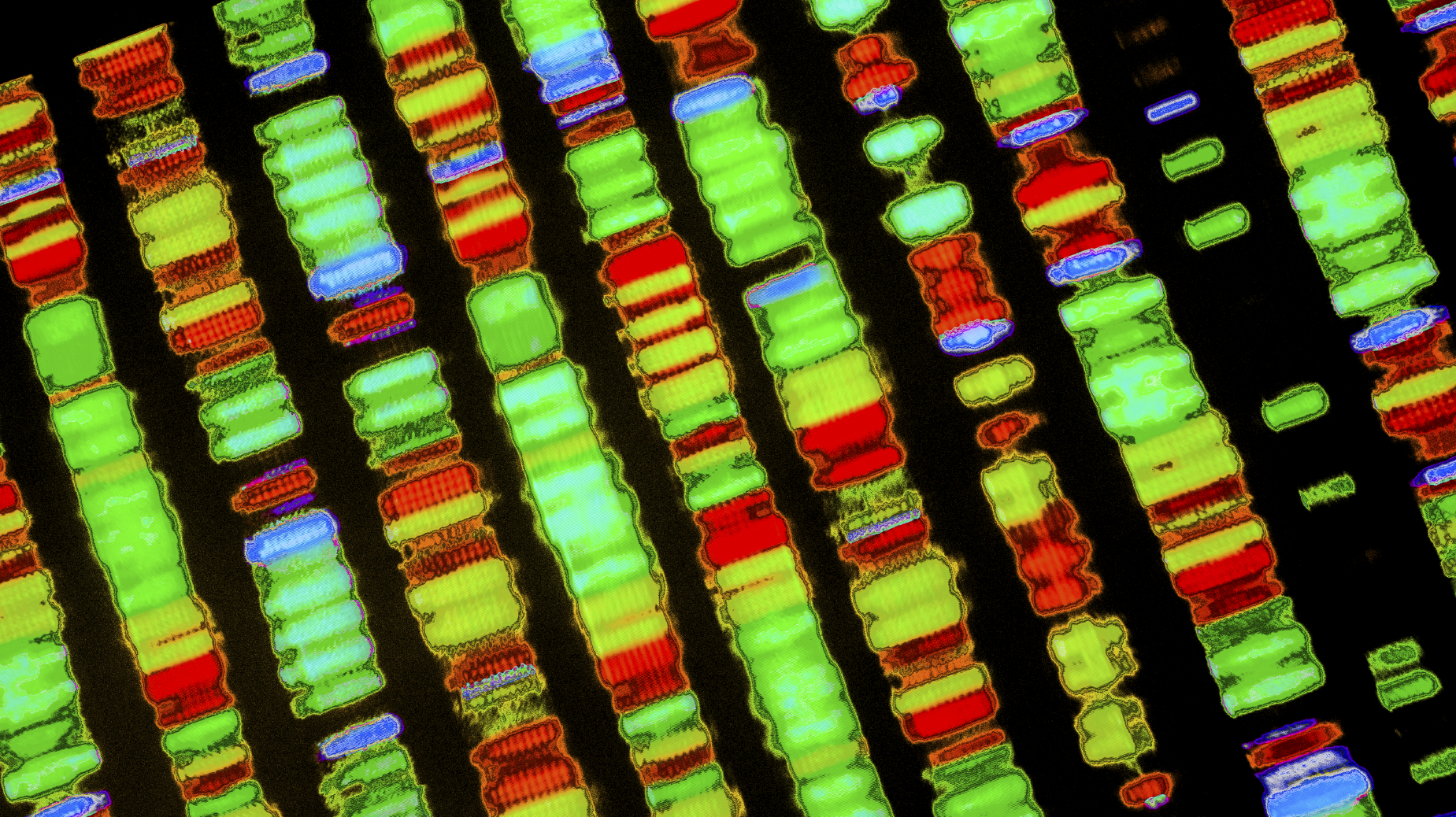uniQure presses 'refresh' on haemophilia gene therapy, gets FDA blessing

Netherlands-based uniQure is to commence a pivotal study of a haemophilia B gene therapy after talks with the FDA about updating its molecule.
The news comes just days after the regulator’s experts voted in favour of approving the first gene therapy in the US, Spark Therapeutic's Luxturna.
The two companies are going head-to-head with rival pipeline haemophilia B gene therapies, but uniQure may now have the upper hand. The firm already had its AMT-060 confirmed as a Breakthrough Therapy by the FDA, and a PRIME designation at the EMA.
But the firm has now swapped this for a new improved version, AMT-061, and has received the blessing from the US regulator and its EU counterpart to carry on as if the molecule were the same.
AMT-061 combines a viral vector with a gene coding for factor IX that is deficient in patients with haemophilia B.
[caption id="attachment_32931" align="alignnone" width="135"] Matthew Kapusta[/caption]
Matthew Kapusta[/caption]
Matthew Kapusta, CEO of uniQure, said: “Our mission in haemophilia B has always been to develop the safest and most effective gene therapy with the broadest application to patients. We believe AMT-061 moves us closer to this goal, as it has the potential to provide optimised clinical and tolerability benefits to nearly all severe and moderately severe patients with haemophilia B.”
"We are delighted to have received constructive guidance from both the FDA and EMA, which we believe allows us to expeditiously advance AMT-061 into a pivotal study next year, as previously planned. In anticipation of this, we have begun GMP production of AMT-061 in our Lexington facility and preparations for the pivotal study are underway."
Steven Pipe, professor of paediatrics and pathology and paediatrics medical director of haemophilia and coagulation disorders program at the University of Michigan commented: "I believe AMT-061 has the potential to be an important gene therapy for patients suffering with haemophilia B.
"Based on the data generated to date, AMT-061 may be the first gene therapy to provide durable, curative benefits to nearly all patients with haemophilia B, without the complications associated with capsid-related immune responses. I very much look forward to serving as an investigator in this exciting phase 3 programme."
uniQure holds the distinction of being the first company in the world to have a gene therapy approved in 2012, Glybera. However the ultra-expensive treatment for ultra-rare disease lipoprotein lipase deficiency (LPLD) was only ever approved in Europe, as the US FDA had demanded to see more robust clinical trial data.
Glybera cost more than 1 million euro per treatment ($1.2m), but was a huge commercial failure, and was withdrawn from the market earlier this year.
Now uniQure hope that it will be second time lucky for it, and analysts also believe it could have the upper hand on Spark Therapeutics, as it already has commercial scale manufacturing in place.
uniQure also announced today that it has acquired a patent family that broadly covers the FIX-Padua variant and its use in gene therapy for the treatment of coagulopathies, including haemophilia B. This family includes a patent issued in the US, as well as pending patent applications in Europe and Canada. The company recently filed divisional patent applications that would further strengthen its intellectual property related to the FIX-Padua variant.
These treatments are expected to be the pioneers of a new generation of medicine. According to the Alliance for Regenerative Medicine there are more than 70 regenerative medicine and advanced therapy products in late stage development and hundreds more further down the pipeline.












